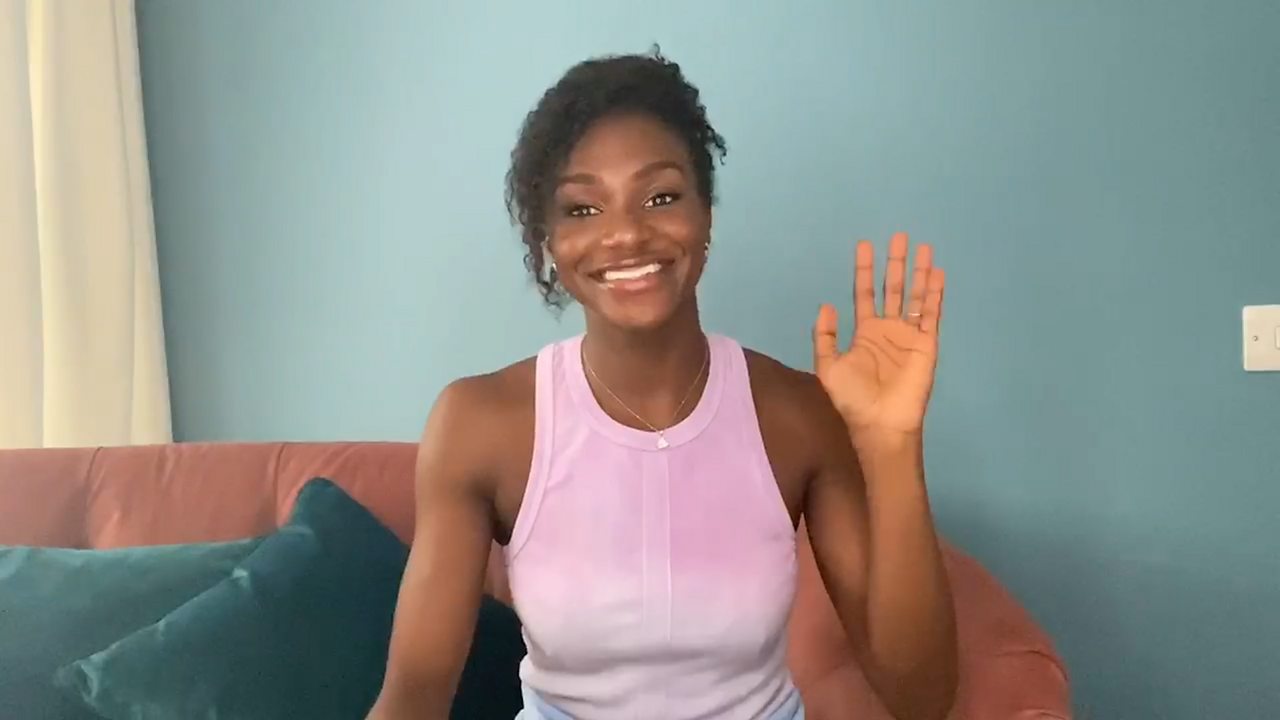
Why Dina Asher Smith turned down ‘every single’ request to talk on Black Lives Matter
Dina Asher Smith has revealed she turned down “every single” request to talk in public about racism and the Black Lives Matter protests as she did not want to “argue about whether something I see and face every day exists or not.”
The 200 metre world champion said she was inundated with TV requests to discuss race following this summer’s protests, sparked by the deaths of 46-year-old George Floyd and Breonna Taylor, 26, in the US.
However, the fastest woman in British history has said she “didn’t have the emotional capacity” to debate her own “existence and experiences”.
Speaking to Wonderland magazine, Asher Smith, 24, said: “I got loads of requests to come on TV and talk about it [Black Lives Matter] but I declined every single one, which was a bit hard for me because you’re on that balance of obviously I have a platform and I want to talk about these things, but I want to do it on my own terms.
“Especially as a Black person in the UK talking on race, I could tell from a lot of the tones of the emails I got that people wanted me to go on their shows for an argument.”
She added: “Racism was something I wasn’t going to go and debate.
“I’m not going to argue about whether something I see and face every day exists or not. I’m not going to sit there and have to explain it.
“We can debate whether traffic lights should be red, amber, green or red and green, whether restaurants open at 12pm or 3pm or anything like that.
“But when it comes to something that is so clear and so traumatic for so many people, it’s like debating somebody’s existence and experiences they have lived and seen with their own eyes — and that was something I, quite frankly, didn’t have the emotional capacity for at that moment in time.”
In the candid interview, Asher Smith, who is from Orpington, said the protests brought up “painful residual experiences” her family had faced, meaning she “couldn’t sleep properly for weeks.”
At the end of June, Asher-Smith wrote a newspaper column about the racism she has faced and her reflections of the Black Lives Matter protests. She said she had to emotionally prepare herself for an online backlash.

